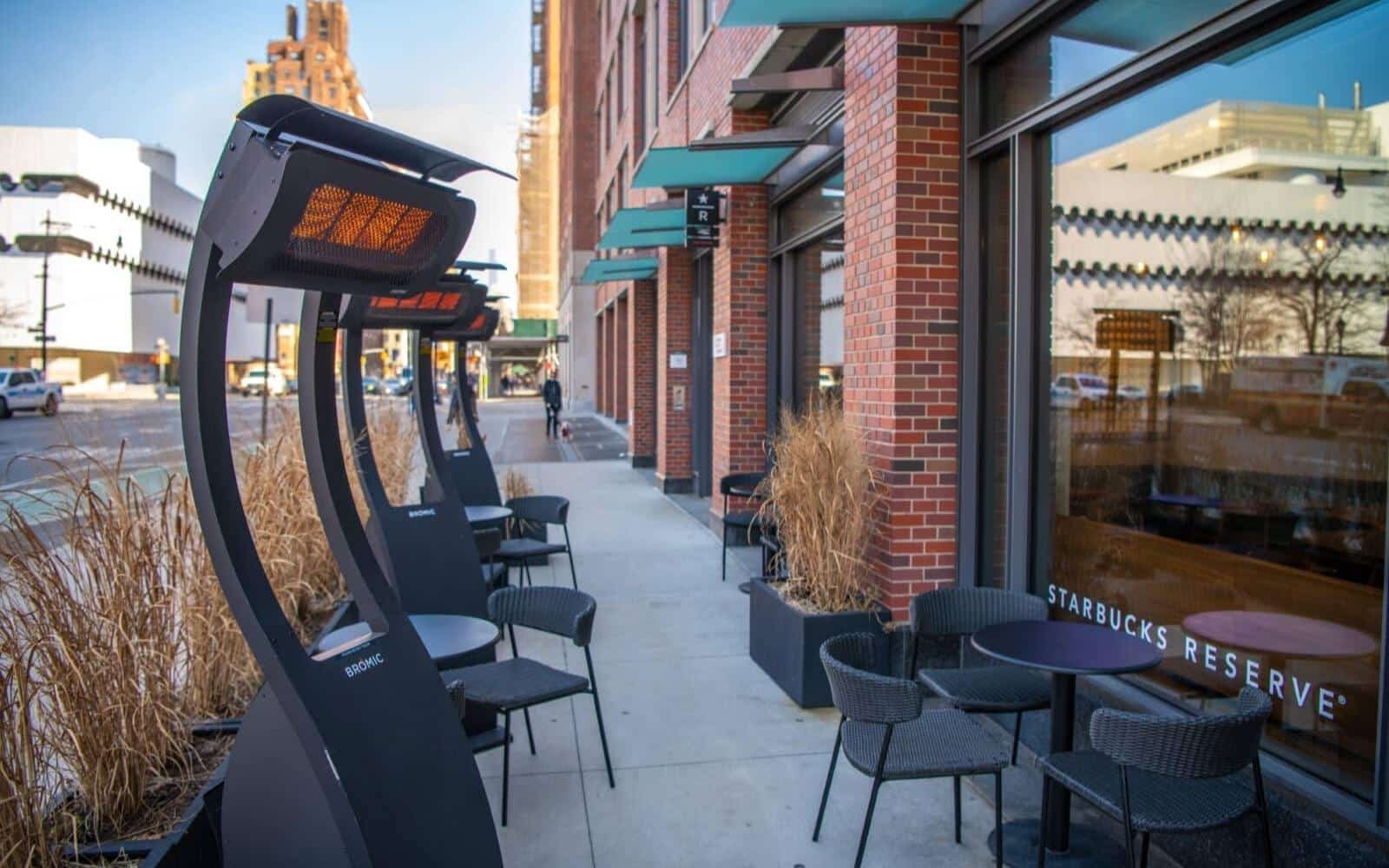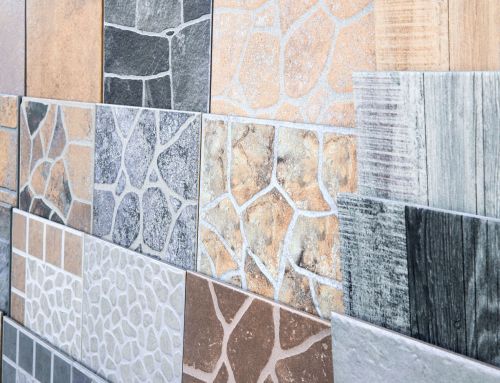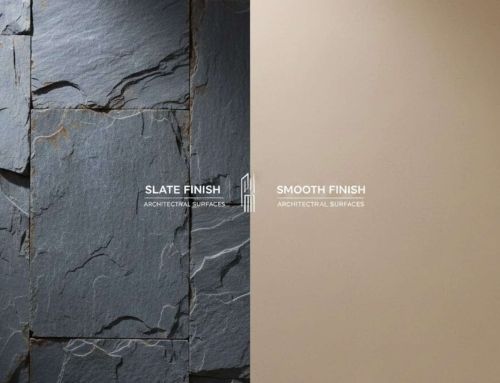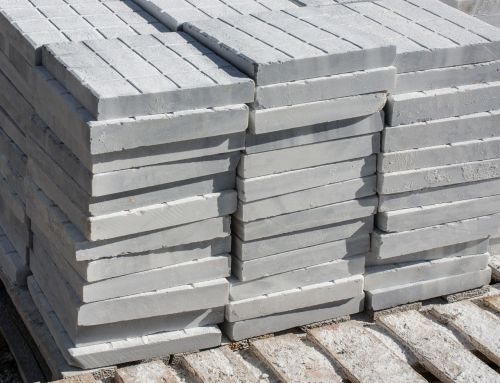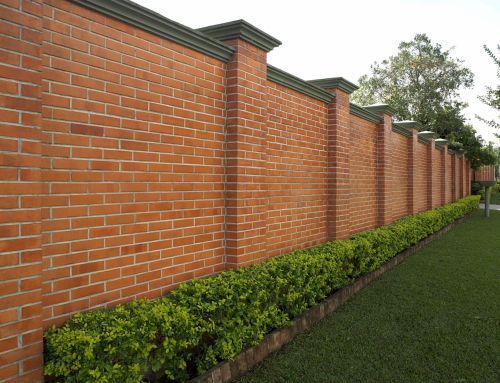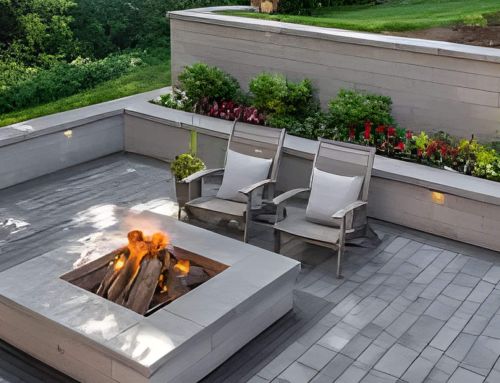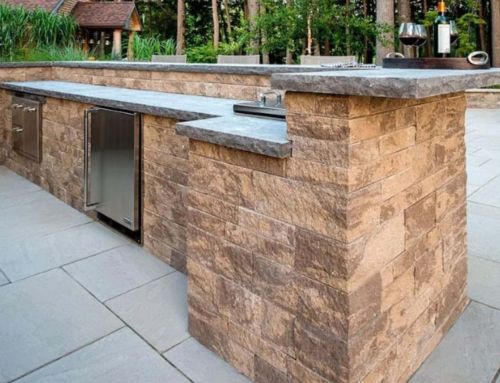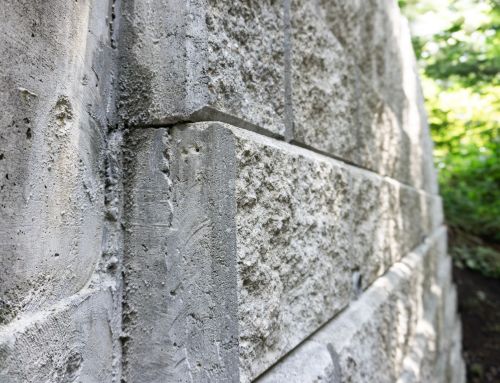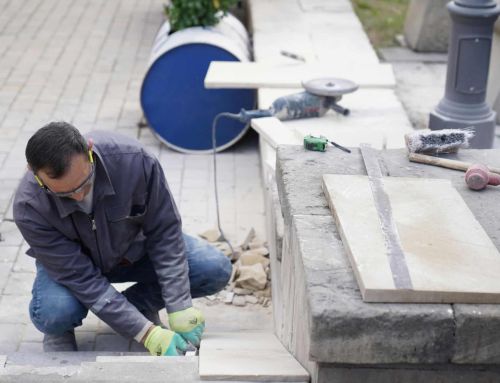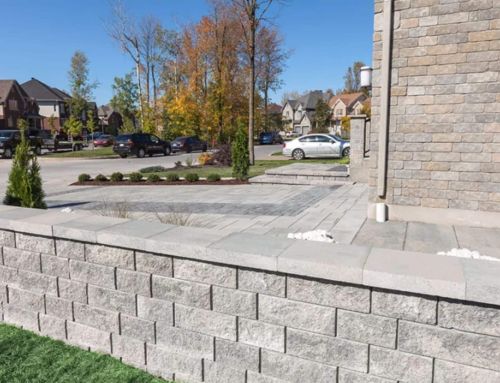As the sun sets and temperatures dip, too many outdoor gatherings come to an early end. Whether it’s a backyard get-together or a bustling restaurant patio, chilly weather can send guests inside before the night even begins. But with the right outdoor heating system, those evenings don’t have to be cut short.
Outdoor heaters have transformed how we use and enjoy exterior spaces. They make it possible to entertain, relax, and dine comfortably year-round. From homeowners creating cozy backyard retreats to business owners expanding their outdoor service areas, the demand for reliable heating solutions has never been higher. Outdoor heaters are ideal for enhancing outdoor living spaces at home, offering versatile and safe options specifically designed for residential use.
Understanding Outdoor Heaters: Types and Technology
Outdoor heaters come in several varieties, each designed to meet specific needs and environments. Reputable brands like offer a wide range of options for both residential and commercial outdoor heating needs. Understanding the differences will help you make the best choice for your situation.
Electric Outdoor Heaters
Electric outdoor heaters are among the most portable and convenient options available. These units plug into standard outlets and provide instant warm heat at the touch of a button. They’re perfect for covered patios, gazebos, and areas where you have easy access to power.
Electric models use infrared heat technology that converts electricity into thermal energy. This creates radiant warmth that heats people and objects directly rather than warming the air. The result is efficient heating that works well even in breezy conditions.
Benefits of Electric Heaters:
- No fuel storage required
- Less maintenance than gas models
- Safe for indoor applications and covered outdoor applications
- Environmentally friendly operation
- Instant warm startup
Gas-Powered Heaters
Gas heaters come in two main types: propane and natural gas models. These units typically produce more heat than electric versions and can warm larger areas effectively.
Propane heaters use portable tanks, making them incredibly versatile. You can move them anywhere without worrying about power outlets or gas lines. Most use standard 20-pound tanks that provide hours of heating.
Natural gas systems require professional installation but offer the convenience of unlimited fuel supply. Once connected to your home’s gas line, you’ll never worry about running out of fuel during a gathering.
Infrared Technology
Modern infrared heat technology has revolutionized outdoor heating. Instead of heating the air around you, infrared heaters emit medium wave or long wave radiation that directly warms your body. This creates immediate comfort and uses energy more efficiently.
Infrared models produce less orange glow than traditional gas heaters while delivering superior comfort. They’re particularly effective in windy conditions where conventional heaters struggle.
Choosing the Right Heater for Your Space
Selecting the perfect outdoor heater depends on several factors, including your space size, climate, and intended use.
Space Considerations
- Small spaces (patios, balconies): Tabletop electric heaters or compact propane models work well. Look for units with 15,000-30,000 BTU output.
- Medium spaces (decks, courtyards): Freestanding patio heaters or wall-mounted units provide adequate coverage. Consider 30,000-40,000 BTU models.
- Large spaces (commercial areas, events): Commercial-grade units or multiple heaters may be necessary. Look for 40,000+ BTU output.
Climate Factors
- Cold climates require more powerful heaters with higher BTU ratings. Gas models typically perform better in extremely cold conditions.
- Mild climates can often use smaller electric units effectively. The consistent temperatures make electric heating more economical.
- Coastal areas need special consideration due to saltwater corrosion. Look for marine or coastal product ratings and corrosion-resistant materials.
Fuel Source Considerations
| Fuel Type | Pros | Cons | Best For |
|---|---|---|---|
| Electric | Clean, quiet, instant warm | Limited heat output | Covered areas, small spaces |
| Propane | Portable, high heat output | Tank refills needed | Versatile applications |
| Natural Gas | Unlimited fuel, cost-effective | Professional installation required | Permanent installations |
Safety Features and Installation
Modern outdoor heaters include numerous safety features to ensure worry-free operation.
Essential Safety Features
- Tip-over protection: Automatically shuts off if the unit falls
- Safety shut-off mechanisms: Prevent overheating and gas leaks
- Weather-resistant construction: Protects against rain and moisture
- Stable base design: Prevents accidental tipping
- Heat guards: Protect users from direct contact with hot surfaces
Installation Guidelines
Electric heaters are generally the easiest to install. Wall-mounted units require basic mounting hardware, while portable models simply plug in. They’re ideal for quick, hassle-free heating in both indoor and outdoor spaces.
Gas heaters may require professional installation, especially natural gas models that connect to your home’s gas line. Always follow manufacturer guidelines and local codes. Proper setup ensures safe operation and long-term performance.
Heater Placement
Choosing the right spot for your heater is key to both safety and comfort. Measure the area’s depth, width, and height to find a model that provides even coverage. Taller, high-powered heaters suit larger patios, while smaller units work well on compact balconies.
Place your heater away from flammable materials and out of high traffic areas where it might get bumped. Consider the heater’s finish too, so it blends well with your outdoor décor. A thoughtful setup ensures safe, efficient warmth where you need it most.
Maintenance and Care
Proper maintenance ensures your outdoor heater provides years of reliable service with less maintenance headaches.
Regular Maintenance
- Clean heating elements and reflectors monthly
- Inspect gas connections for leaks
- Check electrical connections for wear
- Store portable units properly during off-season
- Replace worn parts promptly
Seasonal Care
Before each heating season, inspect your unit thoroughly to ensure it’s ready for safe and efficient use. Clear away any dust, leaves, or debris that may have built up, especially around vents and burners. This helps prevent blockages and fire hazards.
Test all safety features, including tilt shutoff and temperature controls, and make sure the heater powers on and off as expected. Address any issues early to avoid disruptions during colder months when you need consistent warmth the most.
Troubleshooting Common Issues
If your heater isn’t performing as expected, start with a few basic checks. Make sure it’s properly plugged in and that the power cord is undamaged. Check that the thermostat is set correctly and not too low, as this can impact heat output.
Next, inspect for blockages in vents or ducts and ensure any filters are clean. Look for signs of corrosion or physical damage on the heater’s exterior, which can affect performance and safety. These simple troubleshooting steps can often fix minor issues without needing professional help.
Cost Considerations and ROI
Understanding the total cost of ownership helps you make an informed decision. Placing an order for an outdoor heater is straightforward, and many retailers offer benefits such as order eligibility for free delivery or special promotions when you meet certain order requirements.
Purchase Costs
- Electric heaters: $100-$500
- Propane heaters: $150-$800
- Natural gas heaters: $200-$1,000+
Operating Costs
- Electric models typically cost $0.15–$0.30 per hour to operate, depending on local electricity rates and voltage rating.
- Propane units cost approximately $1–$3 per hour, depending on heat output and tank price.
- Natural gas heaters often provide the most economical operation for frequent use, especially with natural gas delivered at residential rates.
Commercial Benefits
For businesses, outdoor heaters can significantly increase revenue by:
- Extending outdoor seating seasons: Outdoor heaters make it possible to keep patios and decks open during cooler months, helping businesses maximize space year-round.
- Increasing customer comfort and satisfaction: A warm, inviting atmosphere encourages guests to stay longer and enjoy their experience, which can lead to positive reviews and repeat visits.
- Allowing higher table turnover rates: Comfortable outdoor environments attract more diners, especially during peak hours, helping improve table turnover and boost revenue.
- Differentiating from competitors: Offering a cozy, heated outdoor area sets your business apart and can become a unique selling point that draws in new customers.
Energy Efficiency
Choosing an energy-efficient heater is a smart way to cut down on both energy bills and environmental impact. Heaters with advanced infrared heat technology offer targeted warmth without excess emissions, odors, or wasted energy. For larger outdoor spaces, natural gas and propane heaters often provide greater efficiency than some electric models.
Many retailers now feature energy-efficient options and may offer special promotions or discounts for eco-friendly choices. By selecting the right heater and taking advantage of these deals, you can enjoy effective outdoor warmth while reducing your carbon footprint and lowering long-term operating costs.
Top Features to Look For
When shopping for outdoor heaters, consider these important features to view heaters that are especially suited for use outdoors, where weather and environmental conditions can be more challenging:
Heat Output and Coverage
Look for appropriate BTU ratings for your space. Most patio heaters range from 15,000 to 50,000 BTUs, where the height represents the unit’s maximum coverage capacity for optimal warmth distribution.
Portability
Portable units with wheels make repositioning easy. Consider total weight if you’ll move the heater frequently, as the depth represents stability during transport and storage.
Material Quality
Stainless steel and powder-coated finishes resist saltwater corrosion and weather damage better than basic materials. Use material refine criteria to evaluate different products and select main materials that offer high susceptibility protection against harsh outdoor elements, especially in coastal areas with on shore winds coming from large bodies of water.
Control Options
Remote controls, multiple heat settings, and timers add convenience and help control operating costs. Consider voltage rating refine specifications when choosing between fuel source electric models and gas-powered options.
Design
Modern heaters complement outdoor décor rather than detract from it. Choose styles that match your existing furniture and architecture – our top seller models are an ideal product choice with results based customer satisfaction. Property managers often evaluate relevance price factors alongside aesthetics when selecting units, and we stay current with the latest product releases to offer the best options available.
Heater Accessories
Enhance your outdoor heating experience with the right heater accessories. There are many categories of accessories designed to improve safety, convenience, and performance. For example, a transformer line voltage can help ensure your heater operates at the correct power level, while a cart or stand makes it easy to move your heater wherever you need warmth. Wind guards and heat deflectors provide added protection and help direct heat more efficiently, especially in exposed outdoor areas.
By exploring the available accessories, you can find the perfect items to complement your heater, add convenience, and ensure optimal outdoor heating. Many retailers offer a wide selection of accessories, and free members often enjoy discounts or special promotions on these essential products.
Conclusion
Outdoor heaters are more than just a luxury. They are a practical solution for extending the use of your outdoor spaces year round. Whether you’re heating a backyard patio, a restaurant terrace, or a commercial outdoor venue, the right heater can make all the difference in comfort, safety, and ambiance. Many models also provide a warm ambient glow, enhancing the atmosphere while keeping guests cozy. With so many options available, from electric and propane to natural gas and infrared, there is a heating solution for every space, climate, and budget. This includes top selling products designed for performance and style.
Ready to elevate your outdoor space with high performance patio heating? Visit Old Station Outdoor & Landscape Supply for a curated selection of top rated outdoor heaters, accessories, and expert advice. Whether you’re a homeowner or business owner, our team can help you find the perfect solution to keep your space warm, inviting, and comfortable all year long. Stop by our Norton MA showroom or contact us today to explore your options.
FAQs
Which heater is best for outdoor?
The best outdoor heater depends on your specific needs – propane heaters offer the highest heat output and portability, while electric infrared heaters provide instant warmth and are ideal for covered areas with easy power access.
Do outdoor heaters really work?
Yes, outdoor heaters are highly effective and can extend your outdoor season by providing comfortable warmth in areas up to 12 feet away, with modern infrared technology delivering instant heat even in windy conditions.
What is an outdoor heater called?
Outdoor heaters are commonly called patio heaters, and they come in various styles including freestanding units, wall-mounted heaters, tabletop models, and infrared heaters.
What is the best way to heat an outdoor space?
The best approach combines selecting the right heater type for your space size and fuel preference, proper placement for optimal heat distribution, and ensuring adequate safety clearances – with infrared heaters being most efficient for direct warmth and gas heaters providing the widest coverage area.
How do patio heaters work?
Patio heaters convert fuel into thermal energy that radiates heat to warm people and objects nearby. Electric models use infrared technology while gas heaters burn fuel to heat a reflector that distributes warmth.
Can I use natural gas in a patio heater?
Yes, you can use natural gas in specially designed patio heaters that connect to your home’s gas line, but these require professional installation. Most portable patio heaters are designed for propane only and cannot be converted to natural gas.

